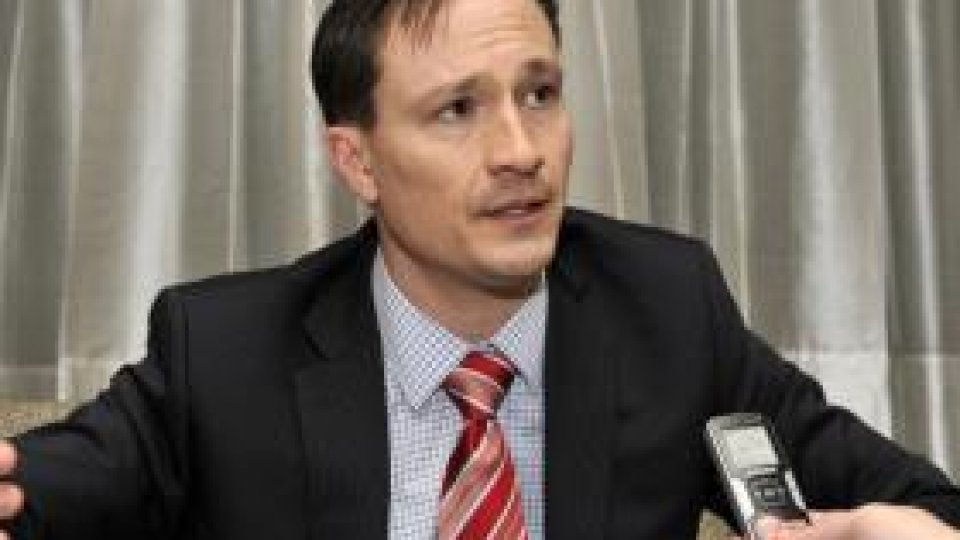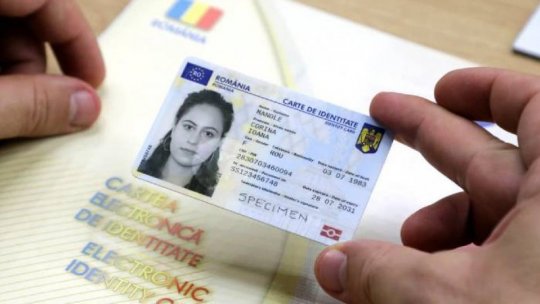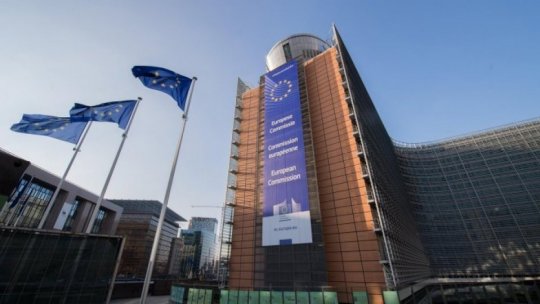American offensive in the Romanian economy
U.S. should put more emphasis on economic relations with Romania, told exclusively for RRA the American- Romanian Business Council president.

Articol de Carmen Gavrilă, 14 Noiembrie 2012, 07:17
Second term U.S. President Barack Obama should put more emphasis on economic relations with Romania, told exclusively for Radio Romania News the President of American- Romanian Business Council, who had officially been launched in Bucharest during a mission to promote economic development.
13 American multinationals companies like Chevron are part of the Council, which also initiated the project, or like Cargill or ExxonMobil.
The purpose of the Council is to identify the business opportunities in Romania and to discuss with Romanian officials about market access restrictions of the two countries but also about the European Commission regulations and policies.
The President of the American-Romanian Business Council, Eric Stewart, met the President Traian Basescu, the Prime Minister Victor Ponta and the Foreign Minister Titus Corlăţean.
Erick Stewart explained, in the interview for Radio Romania News, which should further do the Obama administration in relation to Romania.
Eric Stewart: I think the focus should be in business. Our political and military relationship is great but within the economic one we need further elaboration. In Romania, the areas with the highest growth potential are agriculture and energy, where there are many opportunities that I hope Romania will take advantage of it when it comes from underground sea oil, shale gas, wind, biofuels, energy transport from Caucasus and Central Asia. Also, there are many opportunities in health and good thing is that in this area not only to create jobs but are very well paid jobs, including research, science. Romania presents opportunities also in defense, in the manufacturing and financial services. Precisely those areas where American companies operate in the US-Romanian Business Council and which are very determined to do business here.
Reporter: It's probably the strongest signal yet from U.S. investors. Why did you wait so long and why now, before the election, because usually investors expect to see results and then decide.
Eric Stewart: Most companies from the Council already have business in Romania but now I see the potential for further growth. Most companies enter the market in order to provide services to that market. Romania is a market of about 20 million people, so a good size fairly large investment. But now, many U.S. companies see beyond the Romanian market, see Romania as a hub, a link in Central and Eastern Europe, an area of transition to Western Europe and to Central Asia and the Caucasus, so they look to Romania more strategic. Most companies that are already here do not make from the beginning a great investment, but smaller ones, testing the waters, build relationships and grow. U.S. companies in particular want long-term relationships, not short. They do not want to make quick profit, but seek a long-term strategic partnerships, for decades. Why come now? Simply because we have to be better organized and to capitalize on these opportunities. Romania has achieved a huge success in a very short time.
Reporter: Are any of these multinational companies interested in the list output to privatization of the Romanian state, as Oltchim for instance?
Eric Stewart: I cannot talk about specific transactions but surely these privatizations are opportunities that will attract the interest of U.S. companies, of U.S. investors and investment funds in shares. U.S. companies are firmly moving more to Romania and thanks to low taxes, well-trained workforce, due to its geographic location, stability data given by EU rules but also because Romania is a country with a growing trend. Many countries now have a linear trajectory, but not Romania.
Reporter: Multinational companies are often criticized within U.S. for not creating jobs for Americans but for other countries, in our case Romania. This huge interest shown by U.S. companies in Romania is now linked to President Obama's intention to increase taxes for big profits?
Eric Stewart: The companies make decisions based on how well they can simply seek factors and business environments that are STEP, i.e. countries with stability, transparency, efficiency and predictability, this is what companies seek. There are important factors as taxes, labor, labor law, regulations. What is not shown in the U.S. is that when a U.S. company invests abroad, at every two jobs created in Romania, for instance, appears one in the United States to support the investment. It's a globalized world and companies make decisions based on what is most effective and profitable for them.
Reporter: In conversation with Romanian appears what you, officials, call market access restrictions. What is it about?
Eric Stewart: A field with obstacles would be the infrastructure but actually I think it's a great opportunity, not necessarily a problem, because there are, for instance, possibilities to build some airports, to arrange the Danube, for energy transport from the East or for Romanian energy to west. European funds can help such investments.
Reporter: But the European Commission's position is that European money is to create new investment, new businesses and large companies are rich enough to make their own investment.
Eric Stewart: That was the biggest problem for American companies – the access to capital. It would be foolish for these companies not to use such funds in Europe.
Reporter: Eastern European countries like Romania were sometimes seen as closer to the U.S. than the western. Do these U.S. companies try to determine changes in political and economic rules in the European Union via the newest member countries like Romania?
Eric Stewart: I do not know if this is the strategy of U.S. companies but probably yes, due to similarities and special relationship with countries like Romania. Economic relationship is not special enough and should be. Surely, the only American companies will continue to lobby in Brussels. Also, Europeans seek to influence U.S. policy. I do not know if it's necessarily a strategy for U.S. companies to use Eastern European governments’ advantage but certainly the governments and us have similar positions on many issues.
Leading U.S. companies, members of the American-Romanian Business Council
US-Romanian Business Council (American - Romanian Business Council - AMRO) is composed of 13 members - leading American companies such as Chevron, Exxon, ADM, Smithfield, Raytheon, Pharma, MetLife, Cargill, Amgen, Timken, Mega, Eli Lilly, Johnson & Johnson, from different business areas: energy, agriculture, defense, pharmaceuticals, manufacturing, infrastructure, storage, security.
The Council management is assured by Chevron - President and WMD - Vice President.
Eric Stewart was chosen as executive chairman of the new structure.
He also meets the function of Executive Director of the US-Turkmenistan Business Council and chairman of the US-Poland Business Council.
Eric Stewart is, currently, a partner at the lobbying firm Williams & Jensen and tax advice, PLLC, which he joined in 2008 and representing clients in relation to the central administration, Congress and certain foreign governments in a number of policy international and domestic issues.
Eric Stewart also serves as advisor to the U.S. Chamber of Commerce, where he was hired in July 2006 as head of Eurasia Business Platform, an initiative designed to help U.S. companies doing business with countries bordering the Black Sea and Caspian Sea: Turkey, Kyrgyzstan, Tajikistan, Kazakhstan, Georgia, Armenia, Azerbaijan, Turkmenistan and Uzbekistan.
Between 2003 and 2006, Eric Stewart was appointed by Bush administration and served as deputy assistant secretary of commerce for Europe / Eurasia, where he led the activities of trade and investment policies for more than 50 countries in the region, and was responsible for developing programs, policies and strategies to strengthen U.S. trade position in Europe.
Translated by Alexandra-Diana Mircea
MTTLC, Bucharest University









